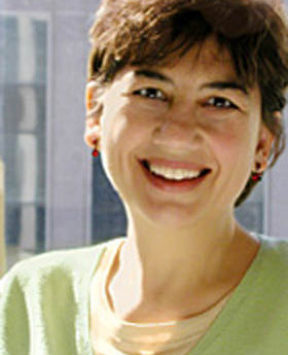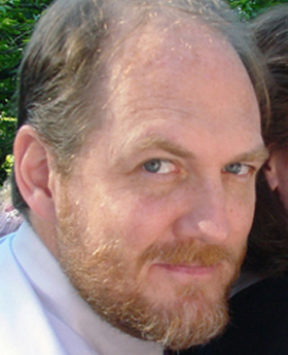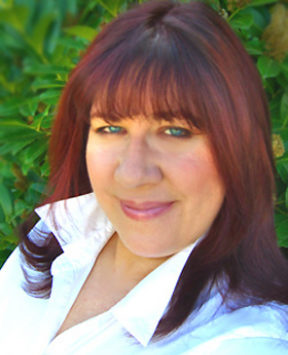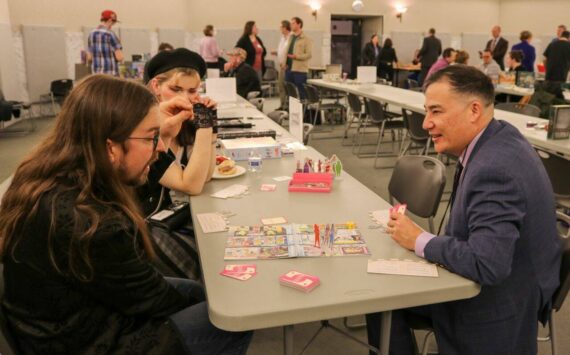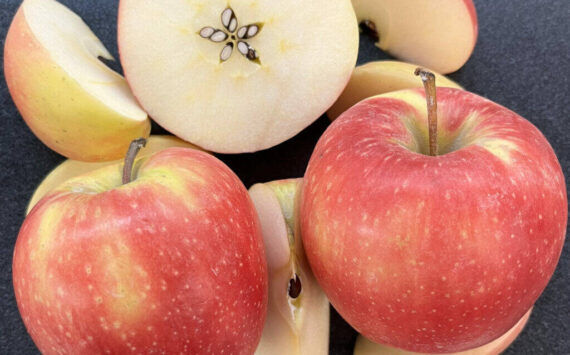One of my favorite dot-coms is Audible.com. Theyve been offering downloads of digital audio books and other spoken word content on the Web since 1995 and I joined their subscription service back in 1999 because they were giving away a free mp3 player. Audible is still going strong and entertaining a mobile audience looking for time shifted stories and news for their mp3 players and mobile lifestyles.
Unlike some dot-coms who had great ideas before their time and fizzled, Audible survived long enough for their tech-minded audience to catch up with them, looking for a wealth of content to take with them wherever they go. Audible has 40,000 hours of audio books, broadcasts, magazines and newspapers ready to download.
Don Katz, CEO of Audible.com, took a few minutes to reflect on his business.
Q: Tell me about Audible.com.
Katz: CNET.com calls us the Webs single best consumer service. From the consumer point of view, were the place you can download 40,000 hours of audio programming that ranges from all of the audio books you can think of to the morning Wall Street Journal and New York Times and lots of other periodicals in audio. Public radio programming can be downloaded and time shifted for playback from Audible. We have original programming, lectures and speeches and courses. We have about 20,000 different audio titles. People can shop us, like they do at Amazon.com, for the spoken word. You can take a John Grisham book and download it very quickly and then transferred it to your MP3 player, your Pocket PC, your iPod or burn a CD.
Q: What service do you offer?
Katz: The majority of our customers pay us $19.95 per month to get two audio titles or $14.95 per month to get one audio book and one of the 36 or so recurrent programs. They tend to be the most habitual, long-lasting and happiest customers because they wake up every day and program their own drive time. Thats what were about using the time that youre stuck in traffic or exercising to great advantage. There are a couple thousand people around the world who say they get to work smarter and have a higher quality of entertainment during the times they cant read or look at the screen because of our service.
Q: As you look to the future, what are you seeing on how people are going to consume media?
Katz: I am one of those people who firmly believes that a significant portion of the $600 billion in information entertainment that is disseminated every year is going to shift to digital distribution simply because it is a consumer convenience. You dont have to go to get an audio book at the bookstore you probably wouldnt even find it because theres only a couple hundred titles there verses our many, many thousands. On top of that, an audio book is a very expensive product in its physical format. If you look at what we bring to the table in terms of just the audio book industry, were never out of stock. Literally, at 12:01 a.m. the day a new John Grisham or Stephen King comes out, were selling thousands of copies. Theres no reason for an author or publisher to suffer things going out of print.
Q: Are you finding people are becoming more selective as entertainment becomes mobile?
Katz: Radio is the last preserve of the all-free broadcast paradigm. 97 million Americans get up every morning and drive to work alone. I guess out in Seattle you see that with the empty HOV lanes. It is an amazing statistic considering something like 115 million people actually even go to work and they sit in traffic to the extent that the Department of Transportation says there are 600 million hours per week just sitting there. What people do is to default of the AM- FM radio system. Theyre now evolving to the concept of premium programming, either because you want to listen to something that makes you more successful in your economic life or you want the beauty of being read to.
If you look back historically when TV went to premium cable offering more choice to the consumer, it went very quickly from zero percent paid for by consumers to 65 percent paid for by consumers. If you look at that $600 billion, its about 70 percent of dollars out of peoples pockets for the books and magazines, CDs and the downloaded music and downloaded Audible content. I see a very, very important transition to the Web as a very efficient conduit for the distribution of intellectual properties that has value.
Q: I think its interesting that Audible has picked up a lot of National Public Radio shows which are available for free on the radio, but its the whole time shifting thing.
Katz: I argued with my original angel funder back in 1995 about the idea of time shifting good radio. He argued that radio is free so why would you want it as a premium. I remember arguing that someone actually could start and stop their own favorite radio program during their drive time rather than missing a program or being a prisoner of the radio dial – that there is a value there.
Its like the difference between a stamp and FedEx. There was a convenience premium that we might be able to exploit, particularly with programs like Car Talk and This American Life and Fresh Air that dont necessarily play during drive time. Weve also found, amazingly, particularly with the sales exposure at Apple iTunes, that were able to sell a lot of classic interviews, particularly with This American Life and interviews with topical people that Terry Gross did with Fresh Air.
Q: Are you seeing growing adoption to audio book downloads?
Katz: Were consistently finding that were introducing people to content they just didnt experience before. One of the happy things were able to take back to our audio book providers and we have 150 different content resources at this point was that one of the two people that become hooked on Audible.com never tried an audio book before. Its one of those products that are in the back of bookstores and unfortunately not that many people go into bookstores in America. Here we have an emergent medium that is related to by a huge percentage of the population as a medium of choice and we are able to, by hooking up through the magic of iPod and the Internet and broadband, suddenly they can suck down a 25-hour experience of having Stephen King read them an audio book and the price is right.
Q: As more people get the ability to listen to MP3s in their car, more are going to be consuming media with these separate files that they have in their archives. They can listen to every Car Talk show for the last month if they want to versus listening to the local radio station. Are we going to see the broadcast radio folks having a hard time keeping an audience?
Katz: I think theres always going to be a role for elements of broadcast media. The element of up-to-the-minute news is very well served by broadcast radio. I also think theres a pretty interesting antidote to loneliness created by elements of talk radio in that you could be calling in in real-time. Weve found that its complementary. There is an opportunity that we are just beginning to explore for the best creators in radio to create original programming with us that becomes Audible Plus broadcast hybrids. If you talk to people in the public radio space, they always say there are just a surfeit of talent and a fairly limited pipeline of people who could get on public radio predictably with new creativity.
Q: Im curious if the big book publishers just love you because there is a new way to market their products or did you have to fight them the way Apple had to fight the music industry?
Katz: When I looked at the original business plan for Audible, which was struck around 1995 when we got funded, the venture capitalists looked at the risk profile in terms of the technology and market risk. What we set out to do was quite large: we set out to build the first digital audio player, which we actually did and brought to market in late 1997, which is now in the Smithsonian as the first pre-MP3 digital audio player.
We also invented the first way securing intellectual property over networks so professional creators could get paid. Weve had a DRM system in the market and globally tested for years now and it works great. It allows us to leverage that into getting the rights. Getting the rights in the world of standing content owners is historically just a huge challenge. I have had a lot of personal experience with that.
In my early days, I was a writer at Rolling Stone in the 70s and we sat there and watched MTV form right around us because it used a different channel of distribution, a different technology and was therefore considered not the same. I was also at Sports Illustrated and ESPN did the exact same thing. Its just that these transitions are very difficult for the people that have the standing content businesses.
The paperback book was fought off for 20 years as a degradation of the beauty that was the hardcover. The movie industry back and 72-73 was all of a $3 billion industry which was thought to be on the rocks and over the next 2-3 years premium cable and the VCR came to life and these were fought tooth and nail. Sony was sued for inventing the Betamax as a degradation of a movie. By the end of the century it was a $33 billion industry and almost all of the growth had come from these new inventions and new channels through the video recorder and the DVD.
The team we built here at Audible very highly technical, if not rocket scientists built the original technology. We also understood the connections between publishers, authors and agents. I think the original analysis at Audible didnt take into account how hard it might have been to get the rights and we were very, very successful and had pioneering relationships. There was an article in the New York Times about what Audible could teach the music industry and they interviewed our publisher partners and customers and everyone was happy.
Information about downloading and listening to audio books is available at Audible.com. For more conversation with Don Katz, the full interview is available at WebTalkRadio.com.
Dana Greenlee is co-host/producer of the WebTalkGuys Radio Show, a Tacoma-based radio and Webcast show featuring technology news and interviews.
